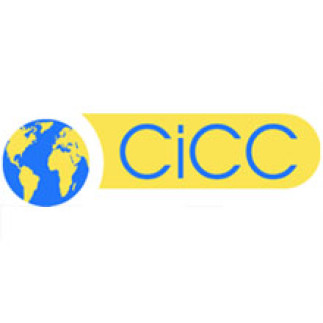Guest conference: Paula Miraglia, who is the Director General of the International Centre for the Prevention of Crime - ICPC. She holds a PhD in Social Anthropology from the University of Sao Paulo.
Previously to the ICPC she was the Executive Director of ILANUD Brazil (United Nations Latin American Institute for the Prevention of Crime). Paula has also acted as a consultant for the Inter-American Development Bank – IDB and the United Nations Development Program - UNDP. She is a member of the Brazilian Forum for Public Safety, frequently collaborates with newspapers and has a weekly column in which she comments on issues relate to crime prevention, safety and justice.
Summary
Violence and therefore safety play a major role in the construction and characterization of Brazil’s major urban centres. Since the 1980s, marked increases in urban crime alongside the emergence of democratic openness and urbanization have transformed Brazilian urban Centres. The proliferation of robberies, thefts, kidnappings and violent deaths has promoted criminality and a consolidation of fear and insecurity as commonplace characteristics of urban life. Murder rates in the country’s capitals have grown significantly.
In São Paulo, violence today conjures two opposing trends: while in the 1980s and 1990s a systematic increase in murder rates scared the city (in 1999 the rate was 43.2), both the state and the metropolitan region benefited from a significant reduction over the last 10 years, so that today the rate is less around 10.
The reduction of murders entails a reflection on the strategies involved in the process of confronting a violent sociability, on the actors involved in this process - such as the police, civil society and organized crime - as well as on the connotations that violence and safety gain in this particular context.
Conférence présentée par le Centre international de criminologie comparée

